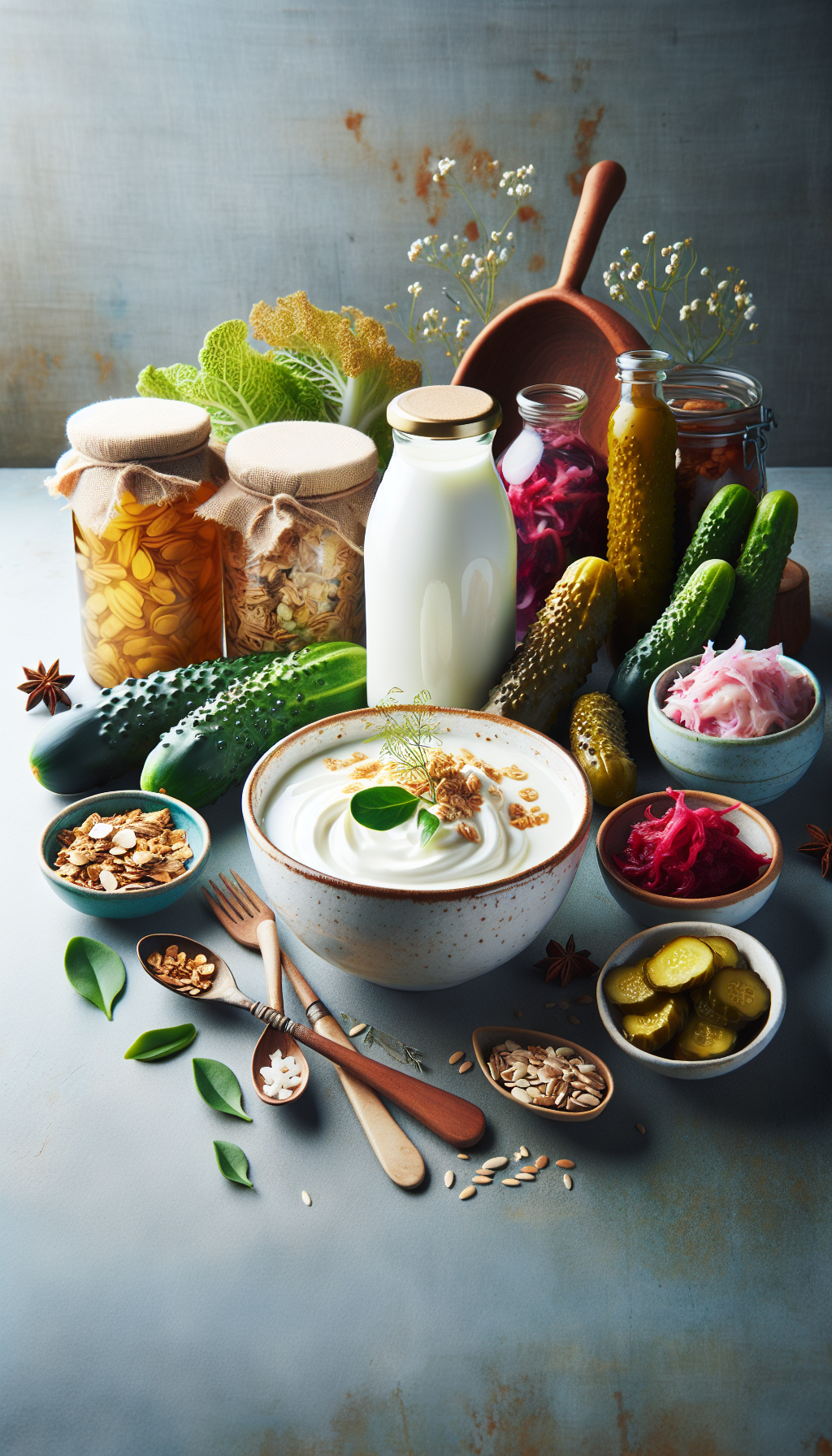Diverticulitis, a common digestive condition characterized by the inflammation or infection of small pouches called diverticula in the digestive tract, is a growing health concern. The development of these pouches, known as diverticulosis, is often a precursor to diverticulitis and can lead to severe abdominal pain, fever, and a marked change in bowel habits. While age and genetics play a role in the development of diverticulosis, diet and lifestyle choices are pivotal in managing and preventing the progression to diverticulitis. This comprehensive guide aims to provide valuable insights into how dietary and lifestyle adjustments can significantly reduce the risk of this painful condition.
Understanding Diverticulosis and Diverticulitis
Diverticulosis is often asymptomatic, with many individuals unaware of the condition until it progresses to diverticulitis or is discovered during a routine examination. The transition from diverticulosis to diverticulitis is heavily influenced by factors such as diet, microbiome health, and overall digestive function. As the importance of digestive health becomes increasingly recognized, it’s essential to focus on preventive care through informed lifestyle choices.
The Impact of Diet on Diverticular Disease
A high-fiber diet is paramount in the prevention of diverticulitis. Fiber increases stool bulk and helps prevent constipation, reducing the pressure inside the colon and minimizing the formation of diverticula. The impact of whole grains on colonic health further emphasizes the protective effect of a diet rich in complex carbohydrates against diverticular disease.
Fruits, Vegetables, and Whole Grains
Consuming a variety of fruits, vegetables, and whole grains not only provides necessary fiber but also essential nutrients that support overall gut health. Studies have shown that a vegetarian diet or a diet high in vegetable content can be particularly beneficial in preventing diverticulitis.
Adequate Fluid Intake
Hydration is often overlooked yet is crucial in fiber function. Adequate water intake ensures that the fiber can perform effectively, preventing the hard stools that can contribute to increased colonic pressure.
Limiting Red Meat and Refined Grains
Reducing the intake of red meat and refined grains may also be protective against diverticulitis. These foods are often associated with a lower fiber content and higher fat content, which can exacerbate symptoms in those with diverticular disease.
Lifestyle Factors Influencing Diverticular Disease
Regular Exercise
Regular physical activity is shown to decrease the likelihood of developing diverticulitis. Exercise stimulates bowel movements and can reduce the pressure within the colon.
Weight Management
Obesity is a known risk factor for diverticulitis. Maintaining a healthy weight through diet and exercise not only reduces the risk of diverticular disease but also benefits overall health.
Smoking Cessation
Smoking has been linked to an increased risk of developing diverticulitis and should be avoided. Resources are available to aid in smoking cessation, providing support for individuals looking to make this significant lifestyle change.
The Role of the Microbiome
An often-overlooked aspect of digestive health is the microbiome, the community of microorganisms living within our digestive tract. The role of the microbiome in digestive cancer prevention highlights the importance of a balanced gut flora in maintaining the integrity of the intestinal lining and preventing inflammation – factors that are also crucial in the context of diverticulitis.
Probiotics and Prebiotics
The introduction of probiotics through dietary sources or supplements can support a healthy microbiome. Prebiotics, the non-digestible fibers that feed beneficial bacteria, also play a fundamental role. Studies such as those examining the benefits of probiotic and prebiotic combination therapies suggest synergistic effects in improving gut health and potentially reducing the risk of diverticulitis.
Stress and Diverticular Disease
Chronic stress can have detrimental effects on gut health, including altering gut motility and microbiota composition. Techniques to manage stress, such as mindfulness and regular exercise, are not only beneficial for mental well-being but may also reduce the risk of digestive conditions like diverticulitis.
The Gut-Brain Axis
The connection between the gut and the brain, known as the gut-brain axis, is a complex relationship that can significantly impact digestive health. Managing chronic stress and understanding the influence of psychological factors can be explored in resources like those discussing the effects of chronic stress on gut microbiota composition.
External Resources for Further Reading
While the above guidelines provide a foundation for preventing diverticulitis, there are many niche resources available for those seeking more in-depth information:
- A comprehensive review on the role of dietary fiber in gut health and its specific implications for diverticular disease prevention.
- An in-depth analysis of the interaction between physical activity and gut motility, with a focus on preventative strategies for diverticulosis.
- A scientific exploration of the gut microbiome’s diversity and how this relates to inflammatory conditions within the digestive system.
- Detailed strategies for stress reduction and its positive effects on gastrointestinal function, which may be particularly relevant for individuals with a predisposition to diverticulitis.
Conclusion
Preventing diverticulitis involves a multifaceted approach that includes dietary modifications, regular physical activity, weight management, and smoking cessation. A diet rich in fruits, vegetables, and whole grains, coupled with adequate hydration, plays a significant role in maintaining colonic health. Additionally, fostering a healthy microbiome through the use of probiotics and prebiotics, managing stress, and understanding the complex gut-brain axis are vital components of a preventative strategy. By adopting these lifestyle changes, individuals can significantly reduce their risk of developing diverticulitis and improve their overall digestive health.



